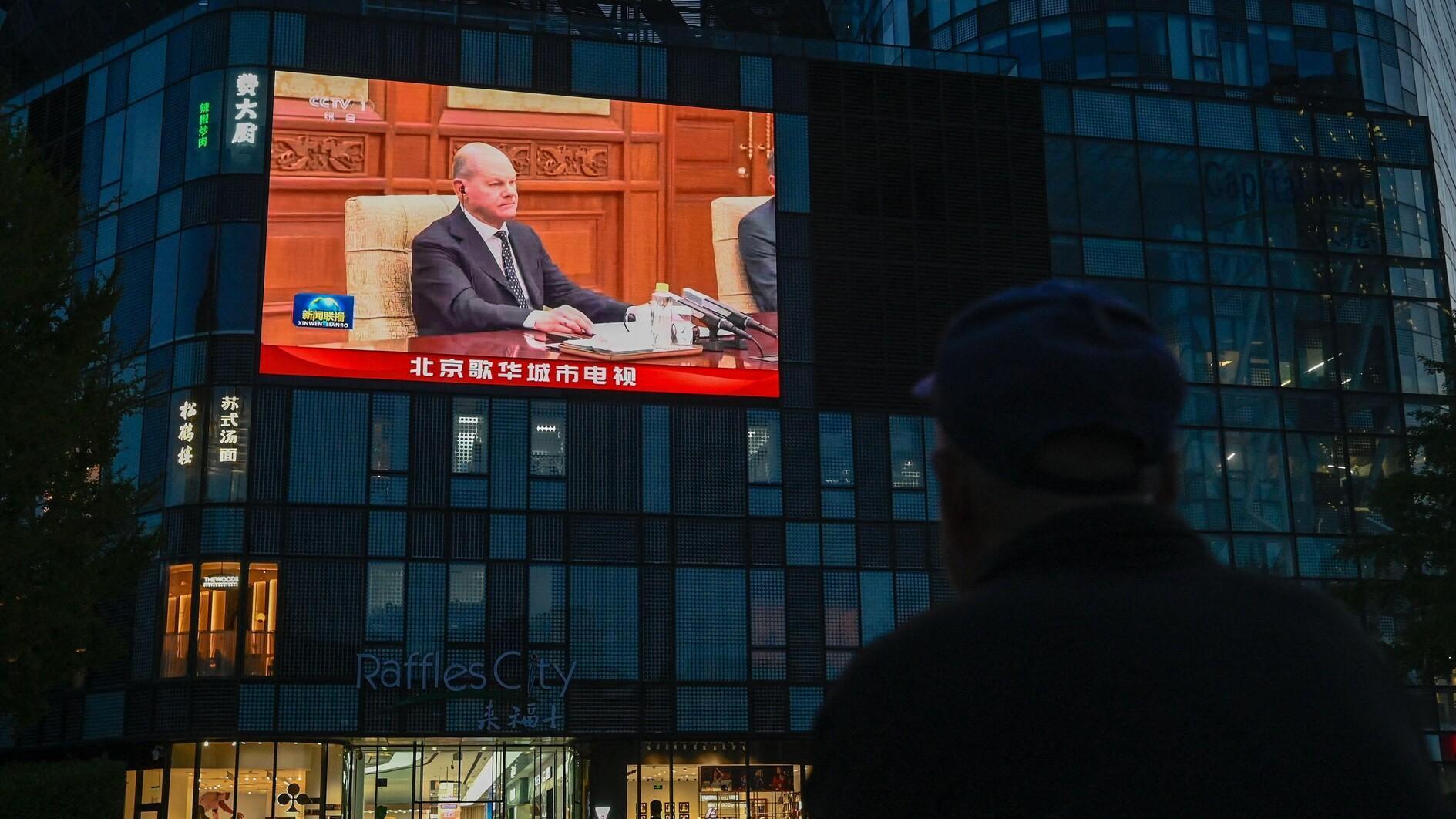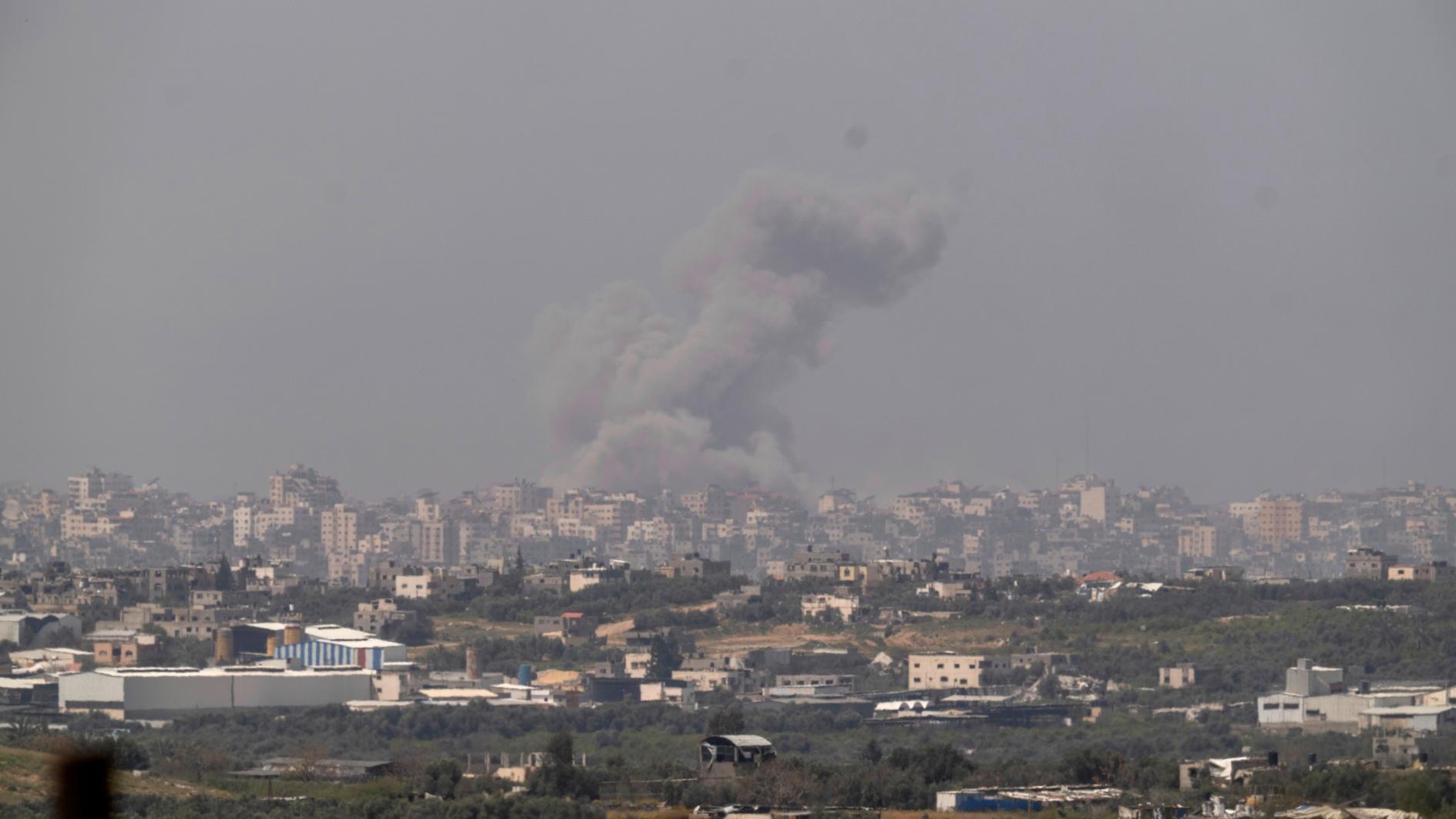Iraq, Syria and 50 shades of terror organizations
The following is from a statement made on Oct. 13 by a high-level U.S. State Department official to daily Hürriyet’s Washington bureau chief:
“We consider the Kurdish units in Sinjar [which are in Iraq and called the Shengal Resistance Units] as the PKK [outlawed Kurdistan Workers’ Party]. While we consider the YPG to be different from the PKK, the situation here is different. As the PKK is a terror organization, we do not work with the Kurdish groups in Sinjar. It is not possible for these units to participate in the Mosul operation. By the same token there are also some groups within the Hashd al-Shaabi [which is a Shiite group] that we do not work with.”
This statement made me recall the title of that famous book: “50 Shades of Grey.”
That phrase defines very well what is currently going on in the ethnic, sectarian and religious mosaic of Iraq and Syria.
There seem to be 50 shades to terrorist organizations: Those you fight against, those you fight with, those you turn a blind eye to, and those with whom you make temporary alliances. In the same vein there seem to be 50 shades of the PKK. “The PKK” is a terrorist organization; its offshoot in Syria is not a terrorist organization; its offshoot in Iraq is a terrorist organization, etc.
Basically, whether or not you are in a marriage of convenience determines whether you are friend or foe with the various stakeholders in the region.
Unable to stop the marriage of convenience between the U.S. and PKK-affiliated organizations in Syria, Turkey in Operation Euphrates Shield recently decided to put its boots on the ground to halt the territorial gains of the PKK in Syria, and also to push the Islamic State of Iraq and the Levant (ISIL) from its border.
Currently the relevant players in Syria – whether it be the West, the Russians, or the Iranians - do not have a strong objection against Turkey’s military presence in Syria.
However, Iraq presents a much more complicated picture, dictating that Turkey to be much more cautious in terms of putting boots on the ground - especially within the framework of Mosul operation.
Looking at the rhetoric of President Recep Tayyip Erdoğan, you obviously do not see any sign of restraint.
Listening to him makes me recall a saying in Turkish that is something like: Convincing you to get malaria after threatening you with death.
For some time Erdoğan has been using rhetoric that questions the post-World War I treaties that largely gave Turkey its present-day borders, leaving oil-rich Mosul outside the territories of the new republic. By giving the message that Turkey will this time seek a greater say in developments, as it has become a stronger force, Erdoğan is creating the impression that Turkey wants an active military involvement in Iraq.
But if you are an international or regional stakeholder, you would rather have Turkey-trained local forces involved in the Mosul operation than Turkish soldiers; you would rather let Turkish planes contribute to the aerial operation than have inflammatory Turkish rhetoric irritate local tribes.
Rather than deal with Turkey’s nuisance value, which could further complicate an already complex situation, (and thus face the risk of death, as the Turkish saying goes), you might take into consideration Turkish concerns and leave room for Turkey’s limited presence (and thus be relieved to end up with Malaria rather than death.)
His uncompromising rhetoric helps Erdoğan boost his image in domestic politics as a strong leader. After all, for a majority of voters, the disproportionality between his rhetoric and the final outcome is not very relevant.
This statement made me recall the title of that famous book: “50 Shades of Grey.”
That phrase defines very well what is currently going on in the ethnic, sectarian and religious mosaic of Iraq and Syria.
There seem to be 50 shades to terrorist organizations: Those you fight against, those you fight with, those you turn a blind eye to, and those with whom you make temporary alliances. In the same vein there seem to be 50 shades of the PKK. “The PKK” is a terrorist organization; its offshoot in Syria is not a terrorist organization; its offshoot in Iraq is a terrorist organization, etc.
Basically, whether or not you are in a marriage of convenience determines whether you are friend or foe with the various stakeholders in the region.
Unable to stop the marriage of convenience between the U.S. and PKK-affiliated organizations in Syria, Turkey in Operation Euphrates Shield recently decided to put its boots on the ground to halt the territorial gains of the PKK in Syria, and also to push the Islamic State of Iraq and the Levant (ISIL) from its border.
Currently the relevant players in Syria – whether it be the West, the Russians, or the Iranians - do not have a strong objection against Turkey’s military presence in Syria.
However, Iraq presents a much more complicated picture, dictating that Turkey to be much more cautious in terms of putting boots on the ground - especially within the framework of Mosul operation.
Looking at the rhetoric of President Recep Tayyip Erdoğan, you obviously do not see any sign of restraint.
Listening to him makes me recall a saying in Turkish that is something like: Convincing you to get malaria after threatening you with death.
For some time Erdoğan has been using rhetoric that questions the post-World War I treaties that largely gave Turkey its present-day borders, leaving oil-rich Mosul outside the territories of the new republic. By giving the message that Turkey will this time seek a greater say in developments, as it has become a stronger force, Erdoğan is creating the impression that Turkey wants an active military involvement in Iraq.
But if you are an international or regional stakeholder, you would rather have Turkey-trained local forces involved in the Mosul operation than Turkish soldiers; you would rather let Turkish planes contribute to the aerial operation than have inflammatory Turkish rhetoric irritate local tribes.
Rather than deal with Turkey’s nuisance value, which could further complicate an already complex situation, (and thus face the risk of death, as the Turkish saying goes), you might take into consideration Turkish concerns and leave room for Turkey’s limited presence (and thus be relieved to end up with Malaria rather than death.)
His uncompromising rhetoric helps Erdoğan boost his image in domestic politics as a strong leader. After all, for a majority of voters, the disproportionality between his rhetoric and the final outcome is not very relevant.











